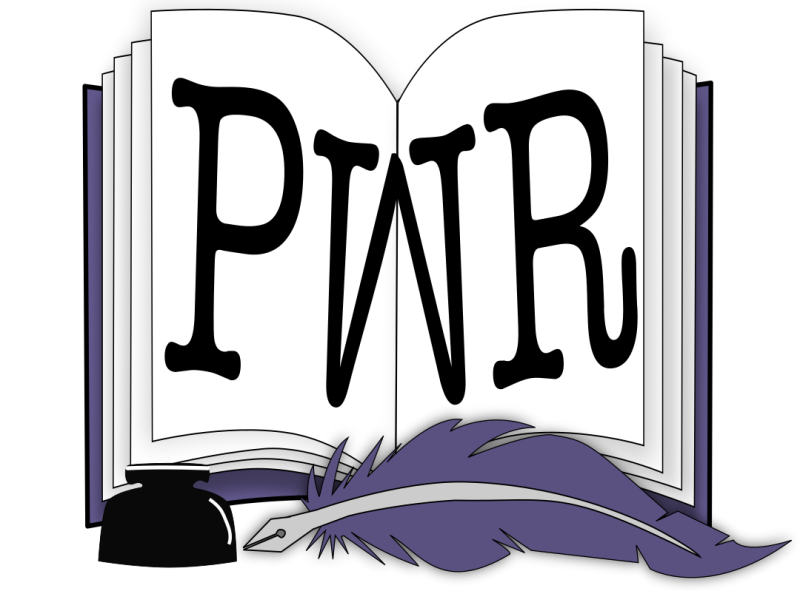By Megan Burkhart, a professional writing student at Taylor University
I love the quote by Ernest Hemingway that says, “There is nothing to writing. All you do is sit down at a typewriter and bleed.” I think this is especially true when it comes to non-fiction. Non-fiction is inherently vulnerable because it’s honest and true.
There is little to no barrier between you and the reader. In fiction, your characters act as middlemen between you (the author) and the reader. But in non-fiction, you are the main character. Or, if you’re writing about someone else’s life or experiences, he/she is the main character.
Whether you’re writing a devotion, a memoir, self-help book, or a more creative piece, here are some tips for crafting non-fiction.
1. Structure
Structure is king when it comes to writing non-fiction. When you’re trying to put all your experiences, memories, or thoughts down on paper, organization is essential to keeping your readers engaged. Not everything is going to fit or be relevant to your topic. Let me warn you up front that you will have to do lots of cutting.
Think about how many chapters you want your book to have. Will you divide the book into two, three, or four sections? What are the main points/themes you want to discuss? Write these things down and create an outline for yourself. When you have a set direction and plan, there’s less of a chance of going on tangents and losing track of the heart of your story.
2. What’s in it for them?
You’re probably not writing this book just for yourself. You’re writing it for your readers too. What do you have to offer them? Readers pick up a book because they’re interested in the topic or hope to learn something that will help them better their lives in some way.
You’re writing about you, but it’s not all about you. You are offering yourself to your readers–bringing them something of value through your story and experiences. Be sure to write down what your takeaway value is. Anytime you start to veer off track or find yourself facing writer’s block, go back to your takeaway and remind yourself what it is you’re giving to your readers.
3. Using your creativity
Just because you’re writing truthfully doesn’t mean you can’t use some elements of fiction to weave the story. You are a character on the page. Telling a great, compelling story is the beginning of both fiction and non-fiction. Things like dialogue, suspense, foreshadowing, etc. should all be taken into account.
Of course, do not stretch the truth too much. Memory can be faulty, but don’t change the meaning of your experience for the sake of making the story more interesting. Remember, this genre is about honesty and vulnerability.
So, are you ready to tell your story or the story of someone close to you? If you keep these tips in mind, your story will have the power to impact readers in a deep and personal way.

Megan Burkhart (writing under the pen name Megan Lynne) is an award winning writer of both fiction and non-fiction. Her recent awards include the 1st place Tar Heel Award for her speculative fiction novel and an honorable mention in the 87th Annual Writer’s Digest Competition in the inspirational category. Megan is also a junior agent with Cyle Young Literary Elite and a freelance editor with Sherpa Editing. Find out more about her at meganlynneauthor.weebly.com
